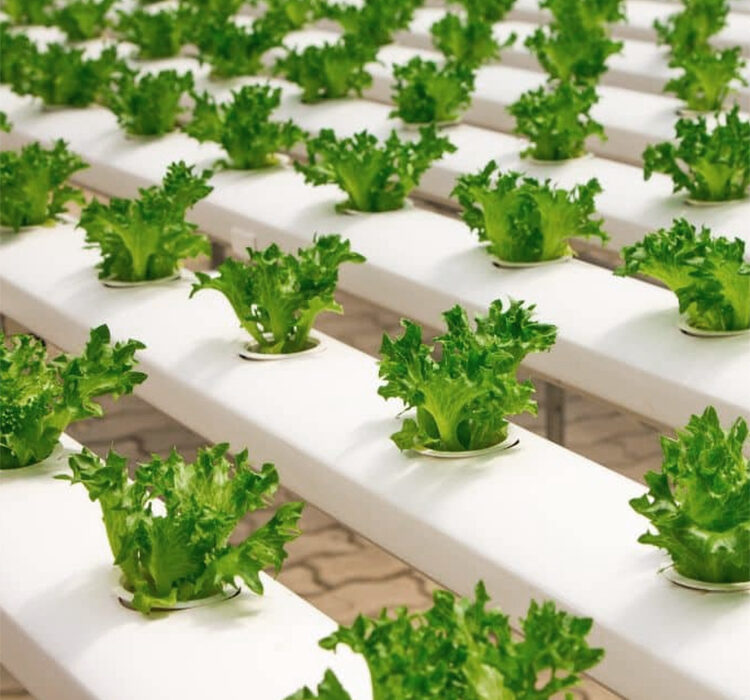As the global population continues to rise, the demand for efficient and sustainable agricultural practices has never been more critical. Hydroponic farming, which involves growing plants without soil, has emerged as a viable solution to meet this demand. At the heart of many successful hydroponic systems is coco peat, a natural and eco-friendly growing medium. In this article, we explore the benefits of using coco peat in hydroponic farming and how FarmPeat’s high-quality products can enhance your agricultural endeavors.
Understanding Coco Peat
Coco peat, also known as coir pith, is a byproduct of the coconut industry. It is derived from the husks of coconuts and processed into a fine, soil-like substance. Coco peat is renowned for its excellent water retention, aeration, and nutrient-holding capacities, making it an ideal medium for plant growth.
Advantages of Using Coco Peat in Hydroponics
- Superior Water Retention: Coco peat can hold up to 8–10 times its weight in water, ensuring that plant roots have consistent access to moisture. This property is particularly beneficial in hydroponic systems where precise water management is crucial.
- Enhanced Aeration: The fibrous structure of coco peat promotes excellent air circulation around plant roots, preventing root rot and encouraging healthy growth. Proper aeration is essential in hydroponics to maintain oxygen levels in the root zone.
- Sustainable and Renewable: As a byproduct of coconut processing, coco peat is a renewable resource. Utilizing coco peat reduces reliance on non-renewable growing mediums, contributing to more sustainable agricultural practices.
- Neutral pH Levels: Coco peat typically has a neutral pH, making it suitable for a wide range of crops. This neutrality allows for easy adjustment of nutrient solutions to meet specific plant requirements.
- Disease Resistance: Coco peat is naturally resistant to certain soil-borne pathogens, reducing the risk of diseases in hydroponic systems. This resistance leads to healthier plants and potentially higher yields.
FarmPeat’s Commitment to Quality
At FarmPeat, we source our coco peat directly from Kerala, India, a region renowned for its abundant coconut plantations. Our products undergo rigorous processing to ensure they meet the highest standards of quality and consistency. By choosing FarmPeat, you are investing in a reliable and effective growing medium that supports sustainable farming practices.
Incorporating Coco Peat into Your Hydroponic System
Integrating coco peat into your hydroponic setup is straightforward:
- Preparation: Rehydrate compressed coco peat blocks by soaking them in water until they expand and achieve a loose, fluffy texture.
- Filling Containers: Use the hydrated coco peat to fill your hydroponic containers or grow bags, ensuring even distribution.
- Planting: Insert seeds or seedlings into the coco peat, following the specific planting guidelines for your chosen crops.
- Nutrient Management: Regularly monitor and adjust nutrient solutions to maintain optimal pH and nutrient levels, as coco peat itself contains minimal nutrients.
Conclusion
Coco peat offers a sustainable and efficient solution for hydroponic farming, providing benefits such as superior water retention, enhanced aeration, and disease resistance. FarmPeat is dedicated to supplying high-quality coco peat products that empower farmers and gardeners to achieve successful and sustainable hydroponic cultivation. Embrace the future of agriculture with FarmPeat’s coco peat solutions and experience the advantages of this remarkable growing medium.
Ready to elevate your hydroponic farming practices? Explore FarmPeat’s range of coco peat products today and take the next step toward sustainable agriculture.


